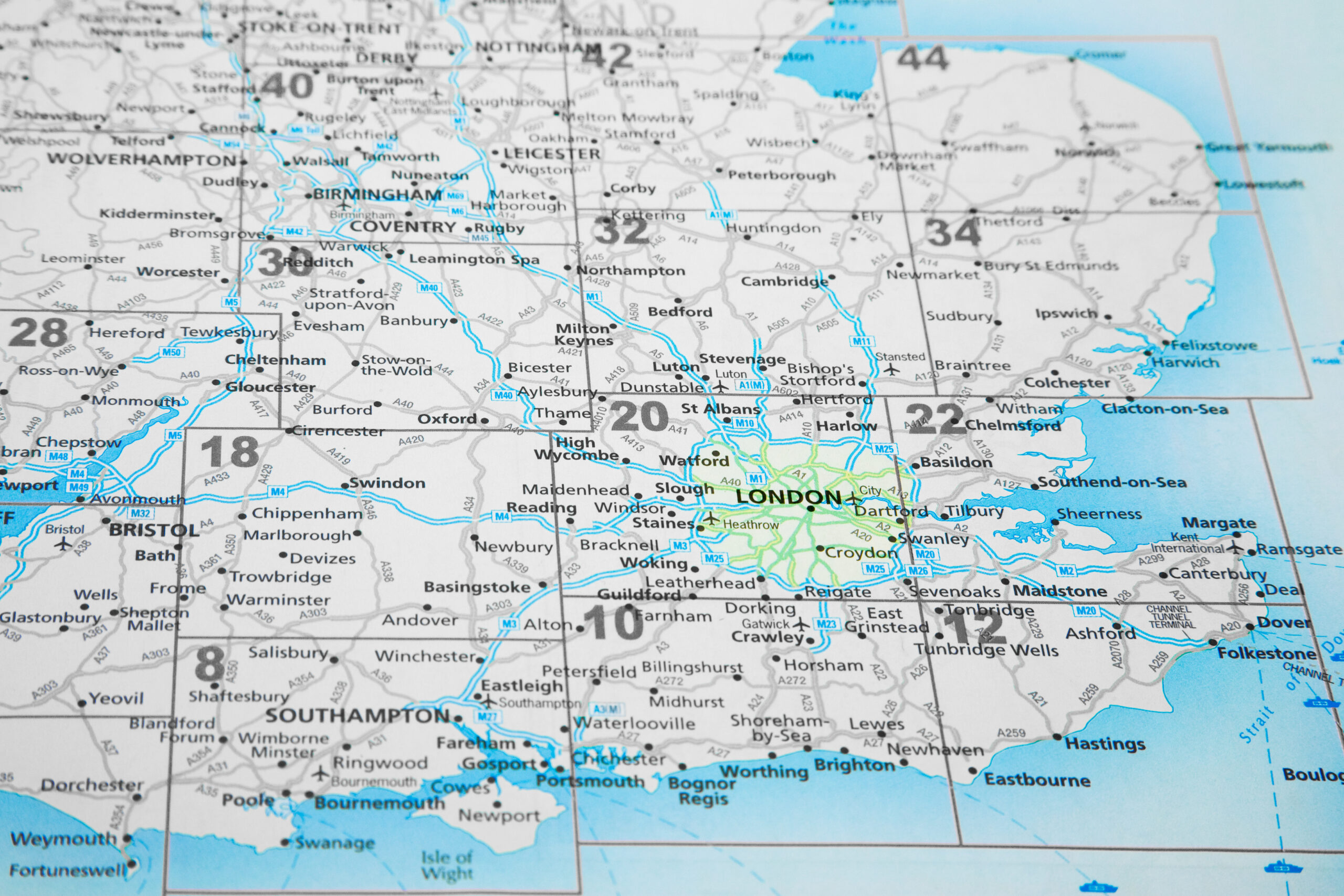
Territory Planning
Licensing our location-based data for planning & analytics
If you are planning a service provision by location, looking to open a new premise & want to understand who is around you, producing competitor analytics or territory planning for sales, then you need a reliable list of all of the premise-based businesses in the UK.
With over 4.5 million UK B2B records including 1.7 million trading records that are updated through our Contact Centre, we license our data for internal and external use, with regular updates and new start-ups.
With over 2,300 industry categories, the granularity of our data means increased accuracy. Knowing exactly what each business does and how large it is can mean the difference between getting your planning right, or making a costly mistake.
What’s Included?
- Over 4.5 million UK B2B premises including 1.7 million trading sites
- Square footage, number of covers and car park sizes
- Lat/Lon and Easting/Northing on each record
- Names, addresses (even phone numbers and contacts, if needed)
- Firmographic information such as employee sizes, site types, and turnover
- Regular updates to keep the data fresh
- Full-service, committed Account Management team
- GDPR/PECR compliance
Use Case Studies
Regional Newspaper Publisher
A regional newspaper publisher approached us in 2020 to help them understand what businesses they could target by sales territories. We provided breakdowns for each by granular industry type and size; this allowed them to change boundaries and allocate prospect lists for each Rep based on accurate numbers rather than gut feel. The sales operation was also given the data, including contact details, to put into their CRM and it is now successfully used throughout the business for both annual planning and day-to-day sales activities.


National Broadband Provider
A national broadband provider used our data to plan their fibre network roll-out in all major towns not currently served. By using the data we hold on industry type, premise type and size, they could understand which large or high-usage businesses could be likely ‘opening points’ that would cover the costs of the expansion, and open up higher broadband speeds to surrounding streets.
